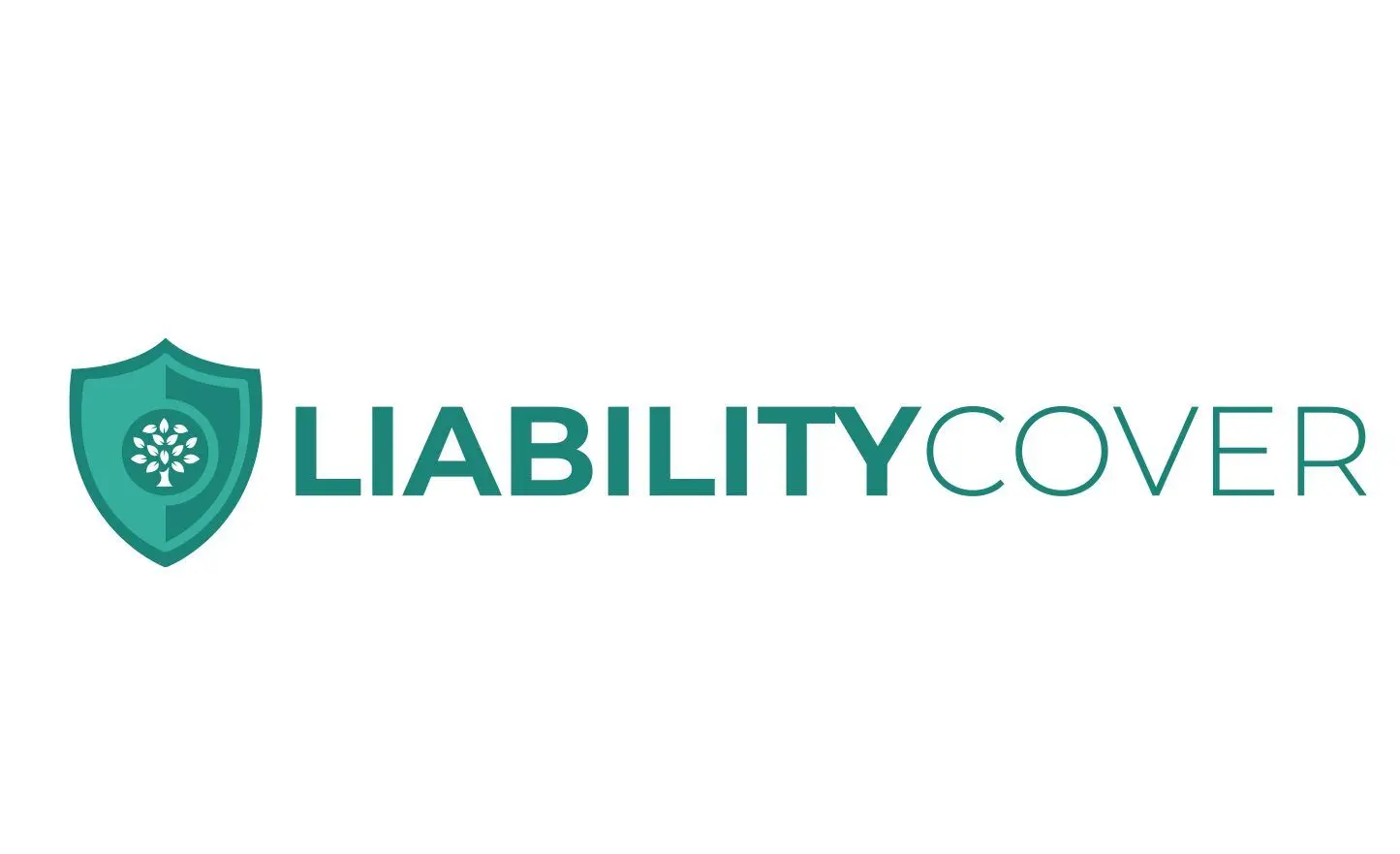
We’ve seen so many entrepreneurs who’ve been hit by lawsuits alleging negligence, failure to deliver, or faulty products and end up losing thousands of dollars. Unfortunately, some even go bankrupt — and we don’t want you to be one of them. Luckily, we have years of experience connecting businesses like yours with Canada’s leading insurers. After all, the right coverage secures your business’ future!
Before you dive straight into the insurance world, find out which policies will help you most with this easy-to-understand guide.
How to Determine Which Insurance Policies Your Canadian Small Business Needs
Commercial insurance is essential to long-term success, no matter what type of business you operate. Whether you sell products, provide a service, or do a bit of everything, use the tips below to determine which policies are right for you:
Ask Our Expert Team
The most accurate way to find the right policies for you is to consult our team at LiabilityCover. Our industry knowledge and experience make it easy to accurately analyze your insurance requirements and assign your perfect provider.
Here’s how our process works:
- Firstly, complete our short online request form.
- Then, our team analyzes your insurance needs based on your answers.
- Next, we connect you to one of the country’s leading insurance brokers or agents with experience covering other businesses in your industry.
- Finally, your assigned broker or agent contacts you to guide you through the process.
Know the Main Business Insurance Types
It’ll be hard to determine the policies relevant to your business without a basic understanding of each kind. So, we’ll give you a head start by briefly explaining the most common coverages here:
- Commercial general liability insurance coverage — CGL insurance gives you monetary coverage for third-party property damage or bodily injury caused by negligence or unexpected accidents. Any business that deals with clients, vendors, suppliers, or members of the public should purchase a policy.
- Commercial property insurance coverage — Otherwise known as commercial building insurance, it offers financial coverage for the physical loss of or damage to your property and its contents. Usually, the covered perils are vandalism, theft, and fires. It protects from direct loss (such as materials, products, equipment, etc.) and indirect loss (like income loss due to inaccessible offices).
- Professional liability insurance coverage — Often called errors and omissions insurance, it protects you from clients who hold you liable for your service. The typical coverage areas are negligence, misconduct, and failure to deliver a service as advertised.
- Product liability insurance coverage — As the name suggests, product liability insurance covers the legal costs associated with product-related claims and lawsuits. The policy covers manufacturing, marketing, and design defects. Typically, claims of this manner relate to insufficient safety warnings or incorrect instructions.
- Cyber liability insurance coverage — Somewhat new to the insurance world, cyber liability coverage financially protects your business from the effects of cyber events like data breaches. It covers everything from incident response costs to monitoring and restoration fees.
- Commercial auto insurance coverage — If you use a car, truck, trailer, or another automobile for work reasons, you should insure it with a commercial auto insurance policy. The coverage areas are akin to personal vehicle policies. The main difference is the commercial coverage’s adaptability and customization options for multiple employees. Your insurer won’t cover your claim if you’re caught driving for business purposes on a personal policy.
Why Choose LiabilityCover?
Make choosing the perfect business insurance policies easy with LiabilityCover. Our team is ready and waiting to put you in touch with Canada’s best insurers. Get started by calling our toll-free number or completing our short inquiry form.
Frequently Asked Questions
How Can You Keep Your Costs Down When Getting Business Insurance?
No matter what size of business you own, money matters. Therefore, when you’re determining the perfect policies for your company, it might be helpful to learn how to keep your costs down while remaining appropriately covered.
There are plenty of ways to save money on commercial insurance policies. However, we highly recommend the tips and tricks below:
- Wait it out — Arguably the easiest one on the list, simply waiting is enough to lower your premiums. Insurers believe that as you gain industry experience, you’re less likely to make mistakes and experience lawsuits, thus reducing your premiums. With that said, we’ll always give you the best, budget-compliant solutions, regardless of your experience level.
- Strengthen your security systems — The type of security systems in place can affect your insurance rates, especially commercial property premiums. To lower the cost, you should think about implementing:
- a monitored alarm system.
- a strong wifi password.
- two-factor authentication on digital devices and online accounts.
- fire safety equipment throughout your building.
- physical security on your windows and doors.
- Reduce your building’s liability risk level — Depending on your level of control over the building, this method might not suit you. The building’s construction materials, use of space, and hydrant protection contribute to an expensive (or otherwise) insurance premium. If you can alter part of your property to make it safer in the eyes of your insurer, you’ll benefit from lower policy prices.
- Boost your deductible — The deductible is the amount you pay before your policy triggers. Raising the value decreases your premium. Just ensure the figure you select suits your revenue and risk appetite.
- Buy a policy package — Typically, it’s cheaper to buy a policy pack rather than individual coverages. Depending on your insurer, they’re highly customizable, meaning you only pay for what you need.
- Enhance workplace safety — Implementing an effective safety plan lowers your risk level, thus decreasing your premiums. It may include wearing the correct PPE or lifting items using the proper technique. Anything that increases safety within your business will work in your favour.
- Review your coverage regularly — As your business grows and changes, your insurance needs alter too. Therefore, you might find you’re paying for policies that no longer serve your company. To ensure you’re not wasting money on irrelevant coverages, review your plans regularly and cancel them as you see fit.


Leave a Reply